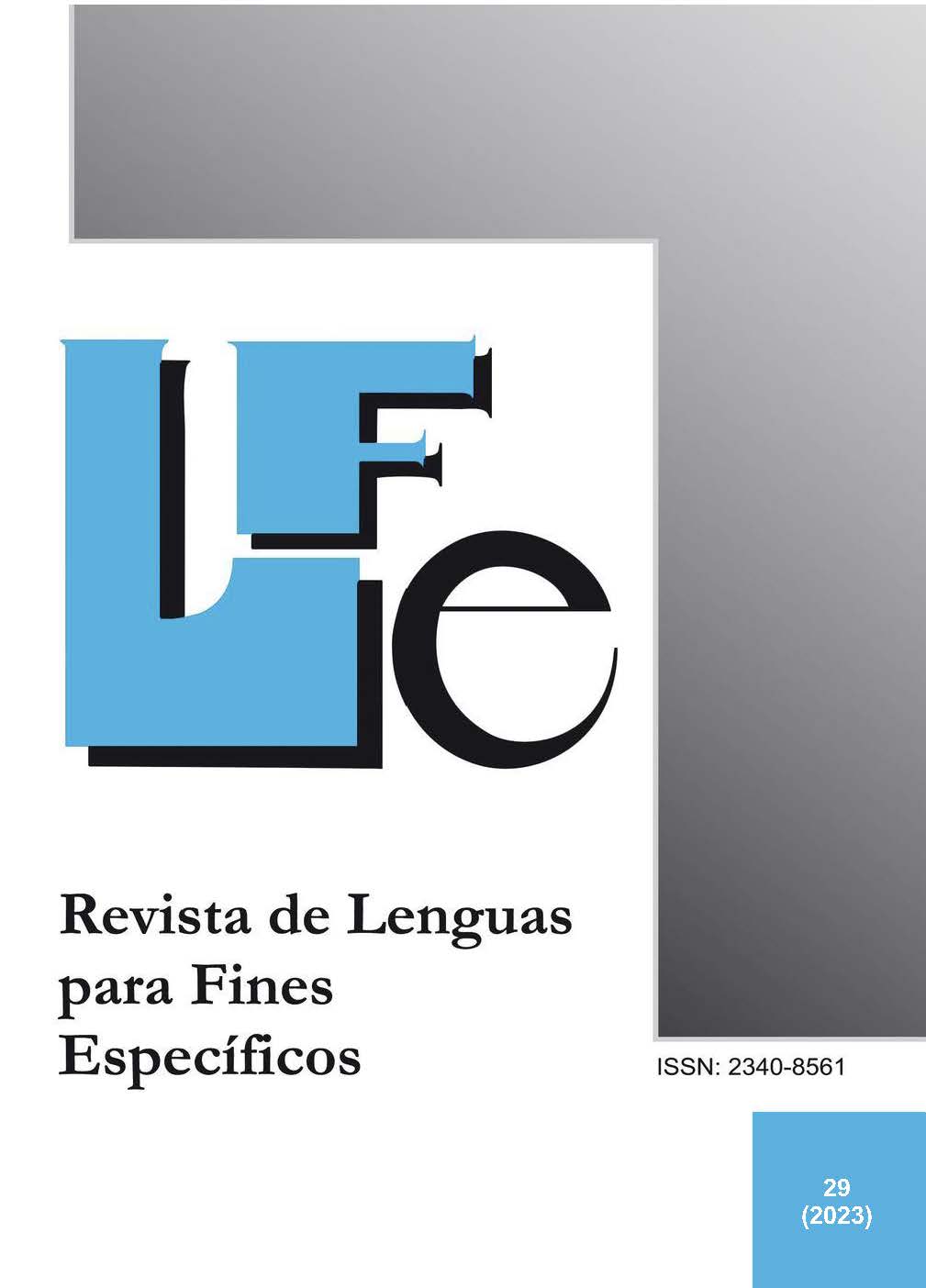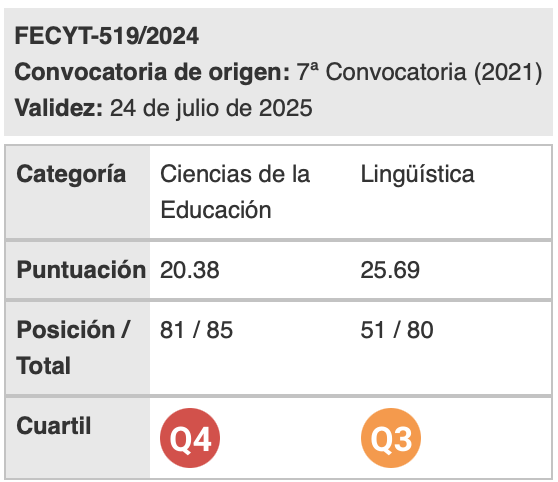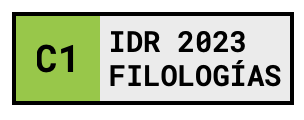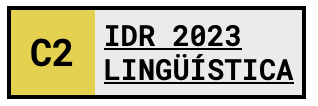Book Review: Álvarez-Gil, Francisco J. (2022). Stance devices in tourism related research articles: A corpus-based study. Peter Lang
Keywords:
stance, stance devices, research articles, tourismAbstract
After a brief introduction of ‘stance’ as a term and its potential importance in the field of tourism, the review highlights some of the main aspects of ‘Stance devices in tourism related research articles’, a recent publication authored by Francisco Álvarez-Gil. The motivation for this publication is briefly explained, followed by a brief summary of the main content and a summary of each chapter. The limitations mentioned by the author are briefly noted with an additional point about how the book could serve the language-teaching community if taken up by language teachers of English for tourism and business studies.
Downloads
References
Biber, D. (1988). Variation across speech and writing. Cambridge: Cambridge University Press.
Biber, D., Johansson, S., Leech, G., Conrad, S., & Finegan, E. (2000). Longman Grammar of Spoken and Written English. London: Longman.
Dzung Pho, P. (2013). Authorial stance in research articles: examples from applied linguistics and educational technology. New York: Palgrave Macmillan.
Gotti, M. (2009). Commonality and individuality in academic discourse. Bern: Peter Lang.
Gotti, M. (2012). Academic Identity Traits: A Corpus- based Investigation. Bern: Peter Lang.
Halliday, M. A. K., & Martin, J. R. (1993). Writing science: literacy and discursive power. Falmer Press.
Hyland, K. (2005). Stance and engagement: A model of interaction in academic discourse. Discourse studies, 7(2), 173-192.
Johnstone, B. (2009). Stance, style, and the linguistic individual. In Alexandra Jaffe (ed.) Stance: Sociolinguistic Perspectives. Oxford: Oxford University Press, 29– 71.
Swales, J. M. (1990). Genre analysis. Cambridge: Cambridge University Press.Englebretson, R. (2007). Stancetaking in discourse: An introduction. In R. Englebretson (Ed.), Stancetaking in discourse: Subjectivity, evaluation, interaction (pp. 2–25). Amsterdam: Benjamins
Downloads
Published
How to Cite
Issue
Section
License
Authors who publish with this journal agree to the following terms:
- Authors retain copyright and grant the journal right of first publication with the work simultaneously licensed under a Creative Commons Attribution License that allows others to share the work with an acknowledgement of the work's authorship and initial publication in this journal.
- Authors are able to enter into separate, additional contractual arrangements for the non-exclusive distribution of the journal's published version of the work (e.g., post it to an institutional repository or publish it in a book), with an acknowledgement of its initial publication in this journal.
- Authors are permitted and encouraged to post their work online (e.g., in institutional repositories or on their website) prior to and during the submission process, as it can lead to productive exchanges, as well as earlier and greater citation of published work (See The Effect of Open Access).

Revista de Lenguas para fines específicos is licensed under a Creative Commons Reconocimiento-NoComercial-SinObraDerivada 4.0 Internacional License.

























